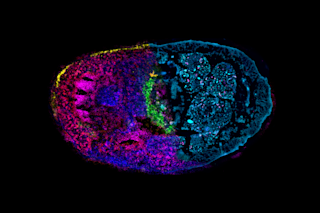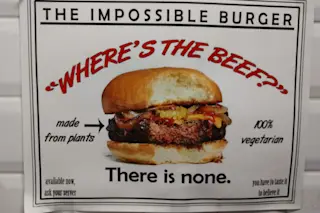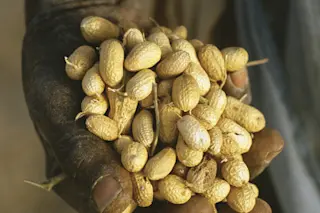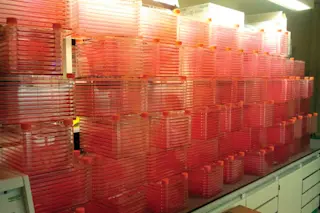In the near future, amateur basement brewers mulling over their next batch may struggle to choose between concocting an IPA or an opioid. Scientists have recently announced that they've genetically engineered brewer’s yeast to convert common sugars into pain-killing opioids like codeine and morphine.The process is simple enough that hobbyists could easily brew morphine with a run-of-the-mill brewing kit — if they get their hands on yeast with the right genetic tweaks.
Opioids are today's go-to drugs for serious pain relief, but their molecular structure is so complex that scientists, to this point, haven’t been able to manufacture them from scratch. Instead, the drugs are still refined from compounds isolated from plants, such as the poppy. But scientists from the University of California, Berkeley, have figured out a way to use yeast to complete the entire 15-step opioid-producing reaction. Previous research had already cracked the second half of the reaction ...













